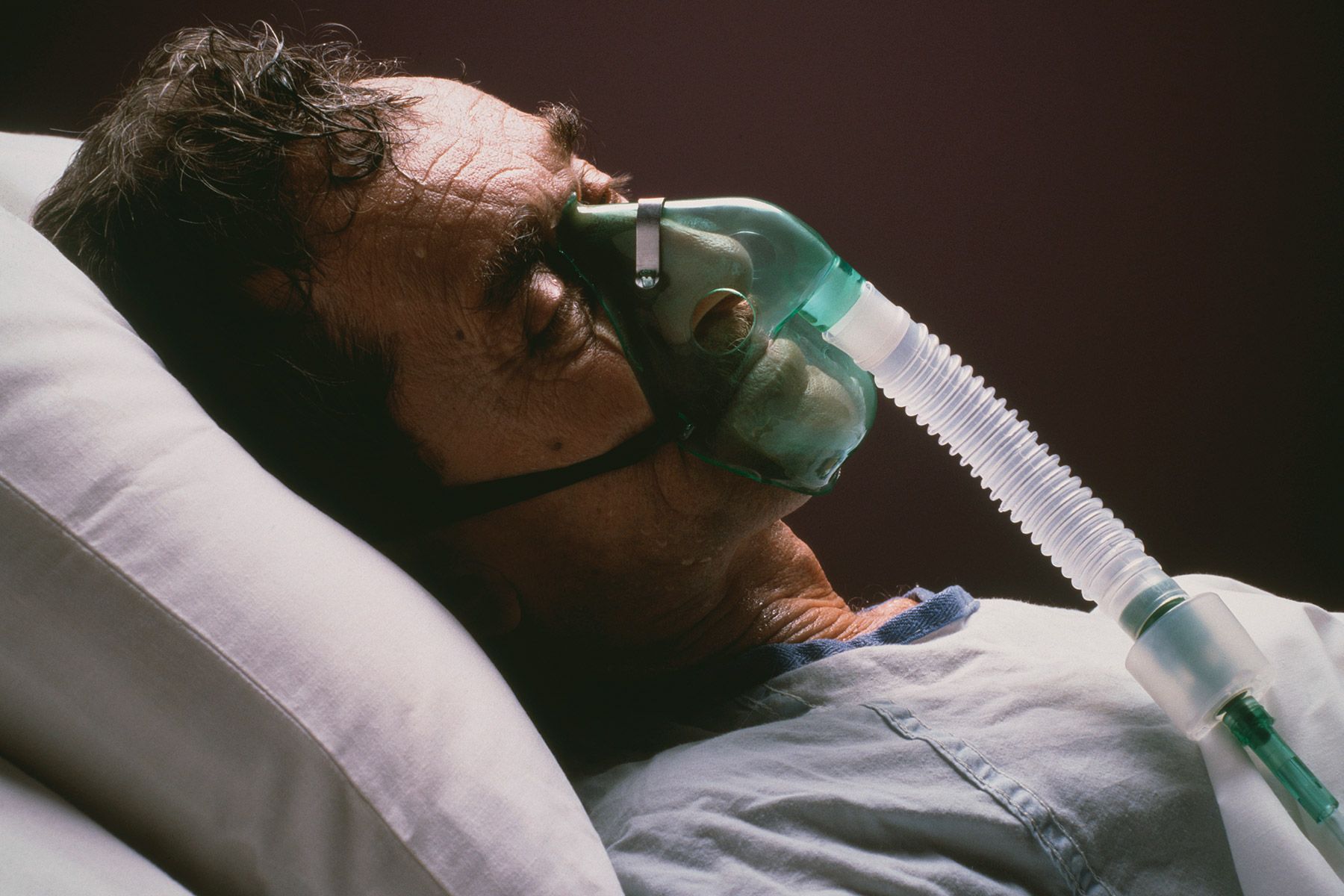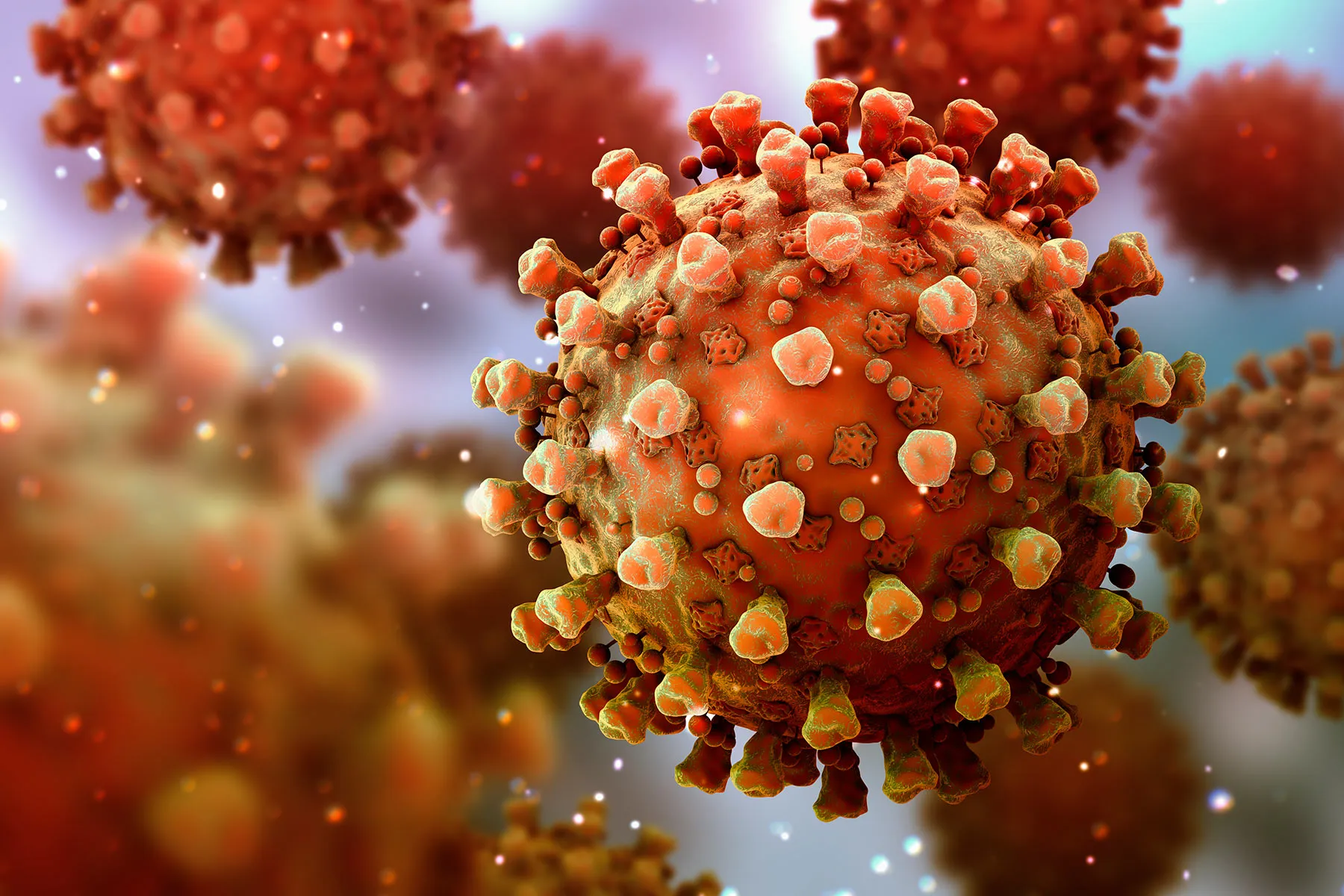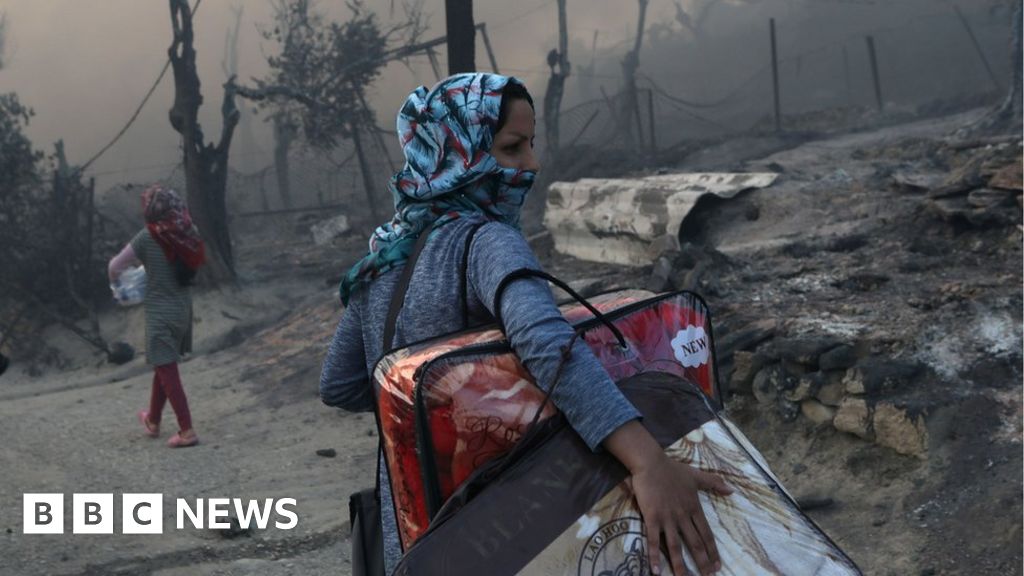Sept. 10, 2020 — This previous spring, well being care suppliers at hospitals across the nation scrambled to deal with individuals who had been critically unwell with a virus they’d solely simply heard of themselves. Normally, when a severely unwell individual arrives on the hospital, docs already know or can shortly discover established pointers, based mostly on years of analysis, for treating the illness. However within the spring of 2020, nothing was established about COVID-19.
“It was a dramatic scenario. We had a variety of sick folks, in a really quick time period, and it was overwhelming to handle them. There was an nearly irrational exuberance to strive any therapy that we may consider,” says David Kaufman, MD, director of medical intensive care at New York College Langone Well being in New York Metropolis.
Whereas docs could have at occasions rushed to strive something, that trial and error over the past 6 months has helped accumulate the scientific proof of what works and what doesn’t within the therapy of COVID-19.
“The flexibility of the medical group to tug collectively shortly to get these giant crucial care research achieved in a really quick time period with dependable, high-quality outcomes is wonderful,” Kaufman says. “It’s like being in a wartime economic system when all vehicle and fridge factories convert to make tanks and planes.”
The Case for Steroids
Initially of the pandemic, docs didn’t have a go-to remedy they might give to critically sick COVID-19 sufferers admitted to their ERs and ICUs. At this time, corticosteroids are that remedy. Final week, on the heels of a number of scientific research that supported the transfer, the World Well being Group (WHO) released its official advice that folks with extreme COVID-19 obtain steroids to enhance their probabilities of survival.
“Low-dose steroids for 10 days or till the affected person is discharged, whichever one comes first, can really assist with signs, can keep away from escalating to a ventilator, and might decrease the chance of loss of life,” says Javier Lorenzo, MD, a crucial care anesthesiologist at Stanford Hospital and Clinics in Stanford, CA.
That’s as a result of steroids act as anti-inflammatories. The worst instances of COVID-19 are marked by excessive irritation that doesn’t let up. Somewhat inflammation firstly of a viral infection helps battle it off. However in severe instances of COVID-19, the irritation will get uncontrolled and might ultimately result in organ failure and loss of life.
“Steroids might not be good for individuals who have solely had the an infection for just a few days as a result of they might really restrict the physique’s capacity to battle an infection,” Kaufman says. “However in people who find themselves critically unwell due to over-inflammation, steroids assist put a lid on it.”
Rising Proof for Remdesivir
In Might, the FDA licensed hospitals to provide remdesivir to adults and youngsters with extreme COVID-19. In late August, the company expanded that authorization to anybody hospitalized with the virus.
In a study of 1,063 adults within the hospital with COVID-19, those who bought remdesivir recovered in about 11 days in comparison with about 15 for many who bought a placebo.
“This information just isn’t fairly as strong as it’s for steroids,” Lorenzo says, “however we all know that sufferers who get remdesivir can expertise quicker decision of signs, shorter period of hospitalization, and be much less more likely to want a ventilator.”
Controversy Over Convalescent Plasma
Additionally in late August, the FDA granted well being care suppliers emergency use authorization for convalescent plasma within the therapy of COVID-19.
Plasma is the a part of the blood that carries antibodies towards viruses. On this case, the therapy makes use of plasma donated by survivors of COVID-19. The thought is that COVID-19 survivors have antibodies that battle the virus. By way of plasma, docs can move these virus-fighting antibodies onto others struggling to battle the sickness.
The concept dates again to no less than the 1918 Spanish flu pandemic. Nevertheless it’s unclear simply how useful it’s in COVID-19. There hasn’t been a big, randomized, managed clinical trial to match the consequences of convalescent plasma to placebo. Some trials are at present enrolling volunteers.
“The proof for convalescent plasma is admittedly weak,” Lorenzo says. “Not all plasma is equal. Not all plasma has excessive titers [high concentration of antibodies], and never all antibodies neutralize the virus. We’re utilizing it, nevertheless it’s nonetheless not clear whether or not it’s efficient or not.”
To Intubate or Not
Some crucial care docs could also be holding off on intubating sufferers and placing them on a mechanical ventilator slightly longer than they did earlier within the pandemic. Intubation requires heavy sedation and care within the ICU. Early within the pandemic, when docs noticed that sufferers had been progressing of their want for oxygen, many erred on the aspect of warning and put sufferers on a ventilator sooner relatively than later.
On the time, earlier than docs knew the advantages of steroids and remdesivir, the thought was that the affected person would escalate and ultimately want the ventilator it doesn’t matter what.
“So if we did it early, relatively than ready till it was an emergency, once we may take our time donning the private protecting gear, we’d additionally cut back the chance of publicity to our well being care staff,” Lorenzo says.
Medical doctors had been additionally involved that oxygen delivered via a tube within the nostril – a step under a mechanical ventilator — may push the virus out into the air and improve publicity danger for well being care staff, too.
“However we now know that in some sufferers, if we give the steroids and remdesivir slightly bit extra time, and permit them to escalate slightly additional together with high-flow nasal [oxygen], we’d simply squeak by and never should put them on a ventilator,” Lorenzo says.
In Stanford’s ICU, Lorenzo says, they’re now assured their workers are protected. “The chance of aerosolization of the virus is actual. However we now know that our well being care supplier an infection charge is low. So if we keep our full PPE pointers, then the chance of transmission is low, and we’d be capable of stop the affected person from escalating to a ventilator.”
New analysis reveals this can be a secure danger to take. A current study discovered that there was no distinction in survival charges amongst COVID-19 sufferers who went straight on a ventilator and those that had been placed on nasal oxygen first.
Vulnerable to Get well Quicker
Some sufferers on ventilators could get well quicker by spending a while every day mendacity susceptible, or face down. It doesn’t work for everybody. However for many who profit, the thought is that the face-down place could distribute oxygen extra evenly all through the lungs. Lengthy earlier than COVID-19, crucial care suppliers flipped sedated sufferers on ventilators onto their stomachs to be able to get extra oxygen into their lungs.
However for the reason that pandemic, some ICUs are trying it on sufferers who’re awake and maybe on the way in which to needing a ventilator. Quite a few clinical trials in progress are inspecting the advantages for sufferers who usually are not but on a ventilator however struggling to get oxygen.
“For some sufferers, the oxygen stage goes up, nevertheless it’s not common,” Kaufman says. “And shortly after you cease mendacity in your abdomen, the oxygen goes again down.”
Unprecedented Collaboration
On the highway to discovering what works, well being care suppliers have thrown out many issues that proved to not work, too.
“Lots of people had been speaking about hydroxychloroquine,” Lorenzo says. “However we now know, unequivocally, that we shouldn’t be utilizing it. It doesn’t work. And it most likely could cause extra hurt than good.”
They’ve realized what works and what doesn’t extra shortly via unprecedented collaboration with their co-workers and frontline well being care staff across the globe.
Underneath “regular” circumstances, researchers tightly guard information till it’s revealed. “Now, a few of these trials could launch unpublished information in the event that they really feel that the profit is actual and substantial,” Lorenzo says.
Social media teams for crucial care docs, he says, are additionally extra energetic than ever.
Kaufman is a part of an e mail chain with pulmonologists and significant care docs from everywhere in the world. Many are in Europe and bought intensive expertise with COVID-19 months forward of docs within the U.S. “To be related with among the worldwide masters in mechanical air flow who’re at among the hardest hit cities on the planet is an incredible privilege. It’s like sitting on the foot of Sophocles, studying from the traditional masters,” he says.
However for all they’ve realized, a lot continues to be unknown. Medical doctors nonetheless don’t perceive why some sufferers get via the virus after every week of gentle signs whereas others escalate to a ventilator in the identical period of time. “We nonetheless don’t know the way sufferers progress on this illness,” Lorenzo says.
However after a frenzied springtime during which many well being care suppliers tried something which may work, Lorenzo says, “We’ve got realized from this pandemic that we will’t loosen up our scientific rigor. We’ve got to abide by the identical means of peer-reviewed medical trials that we usually do or we will hurt sufferers.”











